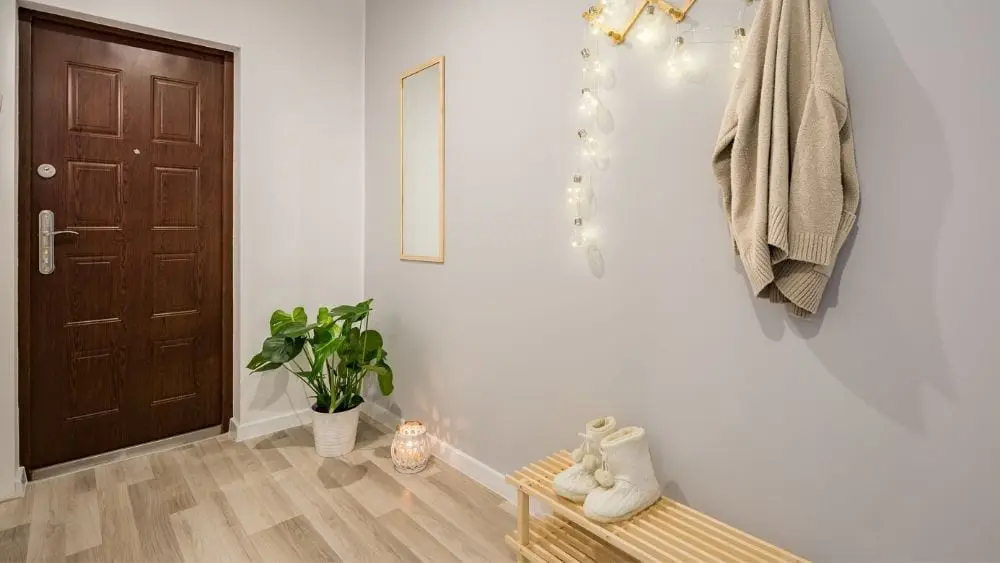
New homes are not only changing the way we live, they are changing — period. Today’s homebuyers often seek a newly built home because of the ability to personalize a home to fit their needs.
In fact, in a recent survey of new home shoppers and buyers, 64 percent of respondents reported that the home they had either bought or were looking for was or is more functional than the home they previously lived in.
Of course, the term “functional” is different for every buyer. Survey respondents used the term “functional” to mean four different things: 1) best fit for me and my family, 2) more storage, 3) new floor plan and 4) energy efficiency. Here’s more on how new homes are changing to be more functional.
1. Best Fit for the Buyer and Family
Most of the panelists who responded to the survey said they were in the market for a new home because their former space was too small. Growing families and the want to host family and friends during visits were some of the reasons that the former houses were considered too small.
“While my small, old home did have some benefits, for me, the most important reason for finding a new home was the space,” panelist Elizabeth Ann says. “That is why I prefer big houses, so that my children can be comfortable.”
2. More Storage
The majority of the shoppers in this segment were upsizing. To these shoppers, more storage space means more organization and, therefore, more functionality because their home feels less cluttered.
Take panelist Sarah D. “I definitely would love more storage and the ability to make our home more functional,” she says. “We have three daughters and, when they are teens, I know we will need to increase our space/storage/function. I am really looking at how to do a bathroom for them. As they get older, I can imagine they will have some fights when they are trying to do makeup.”
While some of these home shoppers were looking to upsize, buyers who were looking to downsize also value a spacious home with plenty of storage. These shoppers view a new home as an opportunity to declutter or to display prized collections.
“While I don’t want a McMansion, I do need a larger space,” says panelist Marie B. “I have thousands of books and my collections continues to grow, so one essential feature is that the house can accommodate my book collection. I don’t need luxurious bathrooms nor gargantuan walk-in closets, but I want enough space to feel as if I’m not suffocating and not on top of everyone.”
3. New Floor Plan
These shoppers also often fell under the definition of “best fit,” but for them, functionality really meant specific floor plan changes. For some respondents, they had to create functionality for their homes through extensive renovation projects, while others found a builder with the floor plan option they needed.
“The house I bought last year was the largest I’ve ever had,” panelist Wally H. says. “I wasn’t looking for a larger home, but wanted a large private lot with views. … It’s all on one floor and has a nice floor plan. Some attributes of homes that make them more functional for me are: open floor plans, one-story homes, great rooms instead of separate living and family rooms, bedrooms that can also serve as offices or exercise or crafts rooms wall hung TVs/monitors and built-in shelving.”
4. Energy Efficiency
These shoppers equate “functionality” with green energy features, such as Energy Star appliances, insulation and LED lights. To them, “functionality” means efficiency and cost saving and view functional features as a financial investment/benefit.
“I am always very functional when I house hunt. My new home is larger than my last, but it is (efficiently) laid out,” says panelist Laurrette S. “I was very clear in the size of yard and not wanting a pool. Maintenance of the entire home was on the list as well. Solar, insulation, etc., also was on my list.”
Those shopping for new homes are changing homes. Through needs or wants, these home shoppers are seeking homes that fit their lifestyle, rather than trying to adapt their needs and wants to a home. New homes are ideal for today’s families, whose needs are unique and ever changing.
 How to Buy a Kid-Friendly Home
How to Buy a Kid-Friendly Home